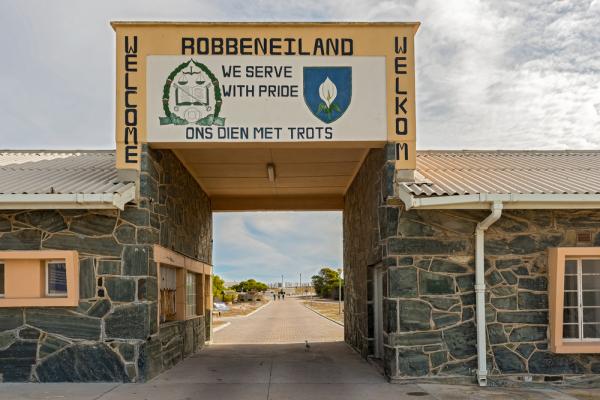Feb 16, 2016
I recently spent a week on Robben Island, the prison where Nelson Mandela spent the first 18 of his 27 years imprisonment. The Warehouse gathered together about 80 peace activists from around the world and South Africa to discuss, reflect, and meditate about the struggle against the apartheid system. Robben Island is now a World Heritage protected museum visited by thousands of tourists every year. It is used to teach current and future generations about lessons from this painful episode of South African history. Standing in those tiny prison cells, I travelled back in time and imagined life under apartheid: the mere injustice of the system, the dehumanizing treatment, the humiliation.
Read the Full Article

Already a subscriber? Login
